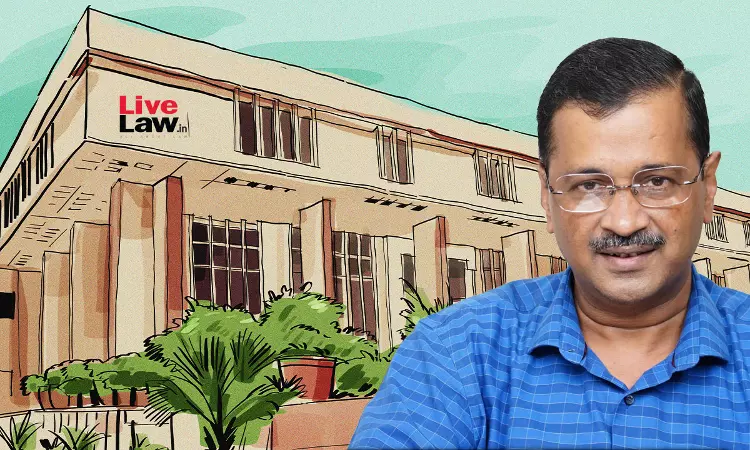Delhi CM Arvind Kejriwal's ED Arrest In Liquor Policy Case Valid: Delhi High Court
Nupur Thapliyal
9 April 2024 4:04 PM IST

Next Story
9 April 2024 4:04 PM IST
The Delhi High Court on Tuesday dismissed the plea moved by Chief Minister Arvind Kejriwal challenging his arrest by the Enforcement Directorate (ED) in the money laundering case related to the alleged liquor policy scam case.Justice Swarana Kanta Sharma upheld his arrest and subsequent remand holding that ED was able to place enough material, statements of approvers and AAP's own...
